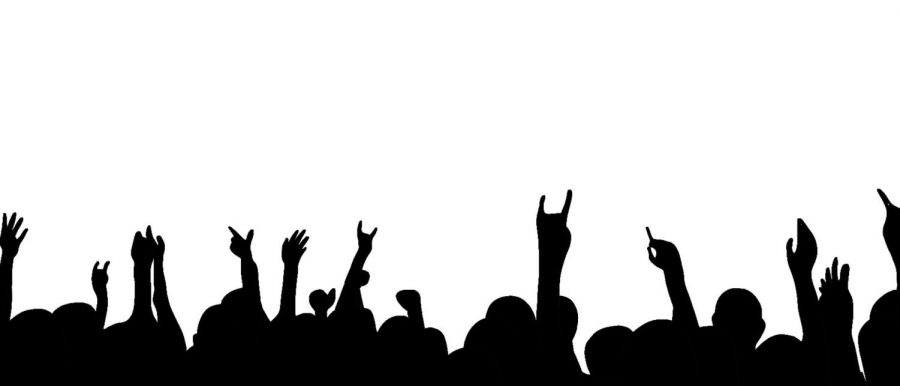Music in the Pandemic: How an Industry Kept Itself Going
The COVID-19 pandemic has turned several industries on their heads, but none quite like the music industry. With most of their primary sources of revenue too unsafe to continue, artists and labels had to react quickly in order to continue to earn a living.
For many artists, their primary source of income was from touring. The logical solution to this problem was to move concerts online, with several artists producing online concerts to be enjoyed by fans across the globe. Artists such as BTS and Dua Lipa found massive success with this format, with BTS selling nearly one million tickets for their “Map Of The Soul ON:E” show and Dua Lipa drawing in over five million viewers for her “Studio 2054” concert. This also allowed musicians to test new technologies, with some artists such as Billie Eilish using augmented reality technologies designed to bring viewers a stronger viewing experience at home.
With new COVID-19 restrictions giving artists more time at home, more music got written and released that may not have been created otherwise. While some artists delayed the release of albums until after the pandemic, the concept of a ‘quarantine album’ was created and was met with several creative and successful albums.
Initially led by British pop artist Charli XCX, her album “how i’m feeling now” was made and released within a month of the UK’s first lockdown began, and sparked buzz amongst music fans across the internet. Trying to make the album as collaborative as possible, Charli XCX would host Zoom sessions to vote on the best cover arts for the songs released before the album and make music video concepts with fans — all while everyone was at home.
Later that summer, Taylor Swift announced that she had made an album while in lockdown as well: the massively successful “folklore”, which just won Album of the Year at the 2021 Grammys. Working with new collaborator Aaron Dessner and long-time collaborator Jack Antonoff, the album was a complete departure from her past sound and was met with massive critical and commercial success.
There was also support for musicians’ livelihoods found by distributing site Bandcamp, ushering in a new event titled ‘Bandcamp Fridays,’ which waived the site’s revenue share for musicians to earn every cent spent on their music. This was met with massive success as $4.3 million was spent on music and merch the first Bandcamp Friday and continued to grow, with its peak at $7.1 million during the May 2020 iteration.
But which pandemic innovations will continue on once we ease back into ‘normality’? As in-person concerts begin to return — with some venues, such as Wrigley Stadium in Chicago, returning as early as mid-July — it is unlikely virtual concerts will continue to be common practice. While mainstream artists found massive success through this format, smaller artists only found moderate success. The locations of concerts may change as well, with independent venues across the nation struggling to stay afloat with the extreme drop in income.
However, many initiatives made to support musicians were met with such massive support that they’re likely to continue. The aforementioned ‘Bandcamp Fridays’ were met with such high support that the company announced plans to keep the program until live shows start to safely return, with no indication of keeping the program for good being ruled out. Several ticketing companies have started funds to support live venues and its crews as well, including Live Nation whose ‘Crew Nation’ initiative has been met with massive industry support such as U2, Lady Gaga, BTS, Billie Eilish, Post Malone and others.
These programs, innovations and collaborations were done in response to the COVID-19 pandemic, but will forever impact the way the industry operates.
Your donation will support the student journalists of Saint Louis University.





